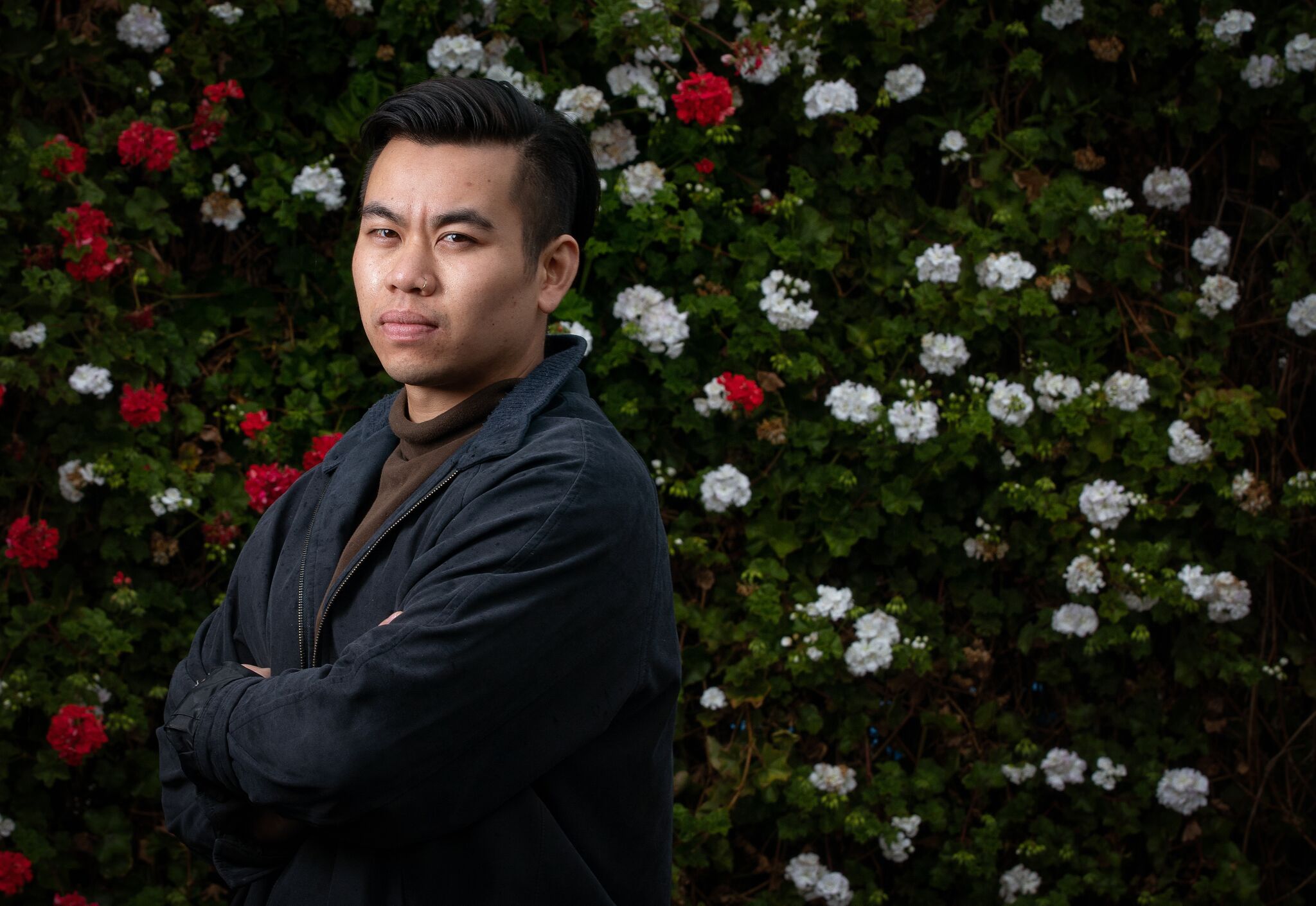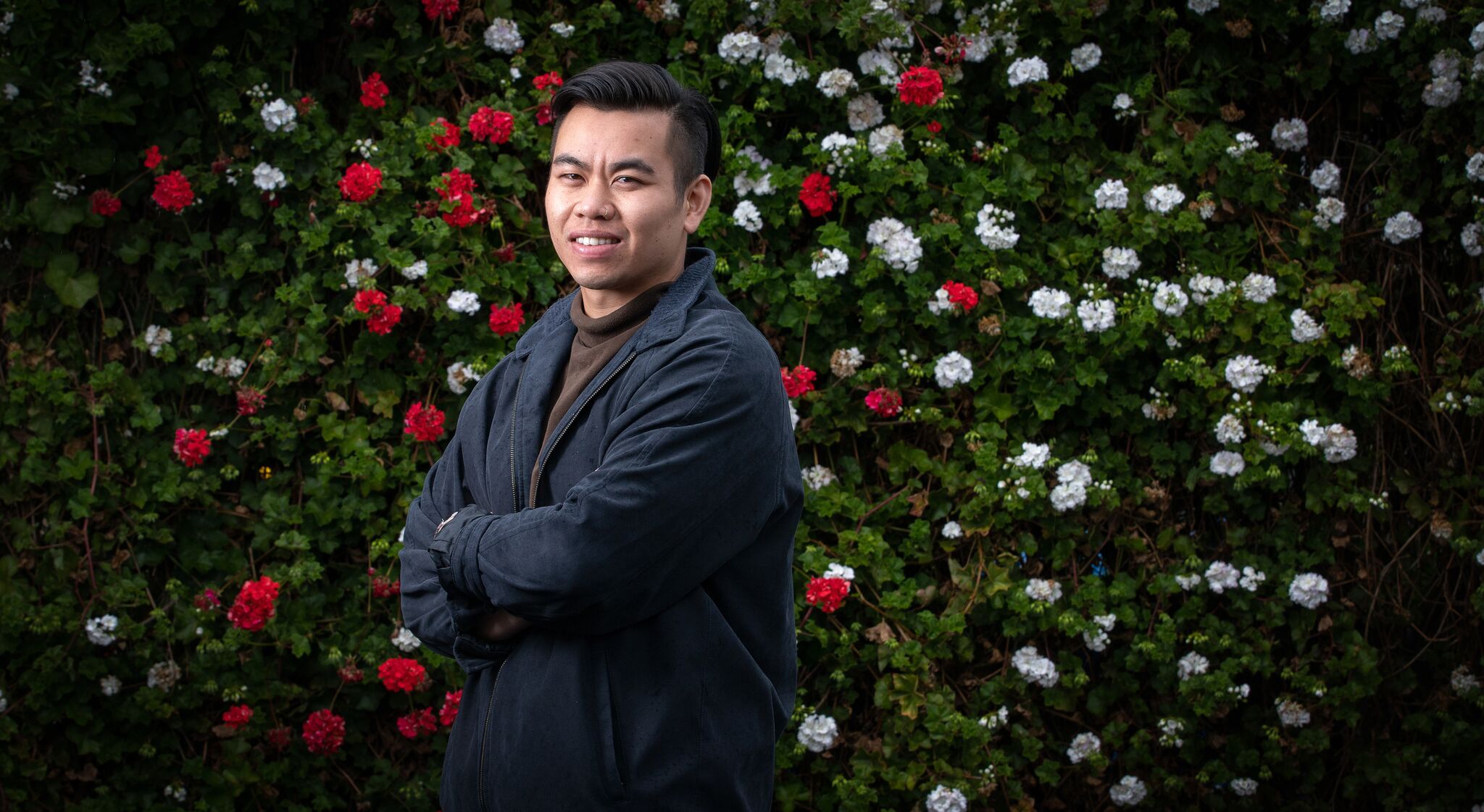By Tate Papworth
Mental health issues don’t discriminate, however how each culture deals with them can be vastly different.
Gambler’s Help project co-ordinator and counsellor Tien Truong said breaking down the stigma to accessing help is half the battle.
“There’s a stigma around accessing … services, which is one of the biggest barriers in the preventative space.
“To some degree we try to normalise accessing these services.”
Mr Truong said gambling has an ability to amplify mental health issues.
“The vulnerable get preyed on, there’s a lot of issues that come along with gambling.
“A lot of the time we see people using gambling as an escape.
“People do it for fun, but it becomes a problem when people rely on it for an escape.
Especially pokies when you’re sitting there, you just zone out.
“The other side is people can accumulate a lot of debt, then use gambling as a means to recover that debt.”
When the debt accumulates, Mr Truong said people can feel trapped.
“There’s some people who fall hundreds of thousands of dollars into debt, have to sell their house, and feel stuck.
“I think in some cases this leads to people thinking they’re stuck and one of the ways out is suicide.”
Mr Truong said while it can be hard to tell if someone is struggling, there are subtle signs that can be identified.
“A lot of people can hide it very well, but if they’re not spending time with their family, avoid talking about finances or have people chasing them for debt, it can be a sign that there may be a problem.”
Mr Truong, who is heavily involved in the Vietnamese community, said cultural barriers can be hard to break down when mental health issues arise.
“Culturally, talking about your emotions isn’t encouraged within families,” he said.
“In Vietnam, or migrant families, we have to remember that their struggles are completely different to what we struggle with.
Their struggles were worrying about things like getting food on the table … no physical security.
Because our parents went through that, they see mental health issues over here and wonder what there is to feel sad about when everything is provided.”
He said knowing how to have a conversation can make all the difference.
“People use others as venting platforms and if people knew how to help others and where to direct them that would help with prevention.
“It doesn’t have to go down a path of issues piling up.
People may still be guarded, but if you ask the question it gives them the chance to open up.”
The North Western Melbourne Primary Health Network (NWMPHN) has identified Melton and Brimbank as having higher than average suicide rates and it’s calling on the community to help it take action through a short online course – QPR (Question, Persuade, Refer) – designed to help people recognise if someone they know is at risk of suicide.
To access the training, visit:lifespan. qprtraining.com/setup.php Use the code PBT.
If you or anyone you know needs help contact: Lifeline: 13 11 14 or lifeline.org.au Suicide Call Back Service: 1300 659 467 or suicidecallbackservice.org.au









